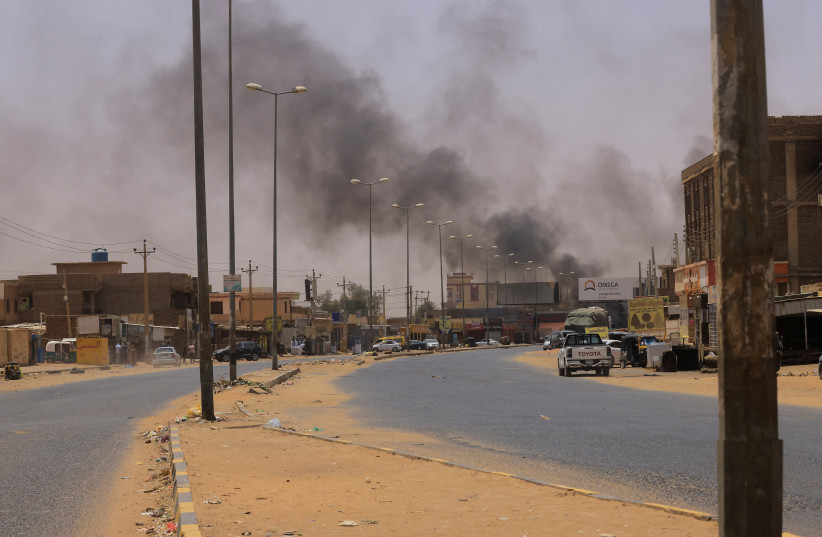With the start of the holy month of Ramadan, the residents of Khartoum, Sudan, face a somber reality unlike the vibrant preparations seen in previous years. Nearly a year of armed conflict has left the capital's streets quiet, with diminished activity even in the Central Market, one of the few markets still operational.
Merchants say they are struggling with the sharp decline in demand for Ramadan essentials, attributing it to both the precarious security situation and the economic downturn caused by the ongoing war.
Citizens, grappling with the consequences of conflict, find their purchasing power severely limited. Displacement and disrupted communication networks have compounded residents' challenges, including the interruption of mobile banking services.
The dire circumstances have left many without salaries since the conflict erupted in mid-April of last year, depleting their savings and leaving them unprepared for the upcoming holy month.
Mobilization for community support
In response, local authorities and civil societies in Khartoum are mobilizing to support the community. Gov. Ahmed Osman Hamza announced measures to distribute essential goods and cooking gas, while grassroots initiatives are setting up kitchens and distributing baskets of basic foods to aid those in need.

Despite these efforts, additional support is critical, with calls for local, regional, and international assistance to meet the basic needs of Khartoum's residents.
The ongoing conflict between the Sudanese Armed Forces and the Rapid Support Forces, which began on April 15, 2023, has resulted in over 13,000 deaths and pushed half of Sudan's population into a humanitarian crisis, with acute food insecurity affecting nearly 18 million people, according to the United Nations.
